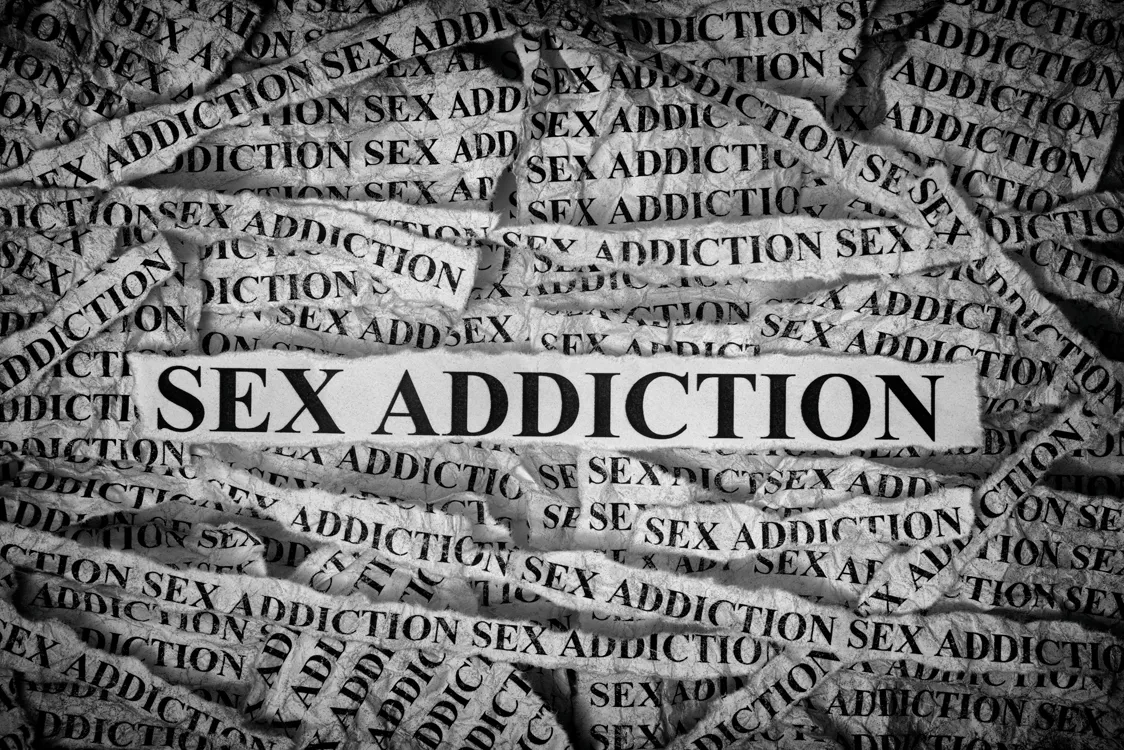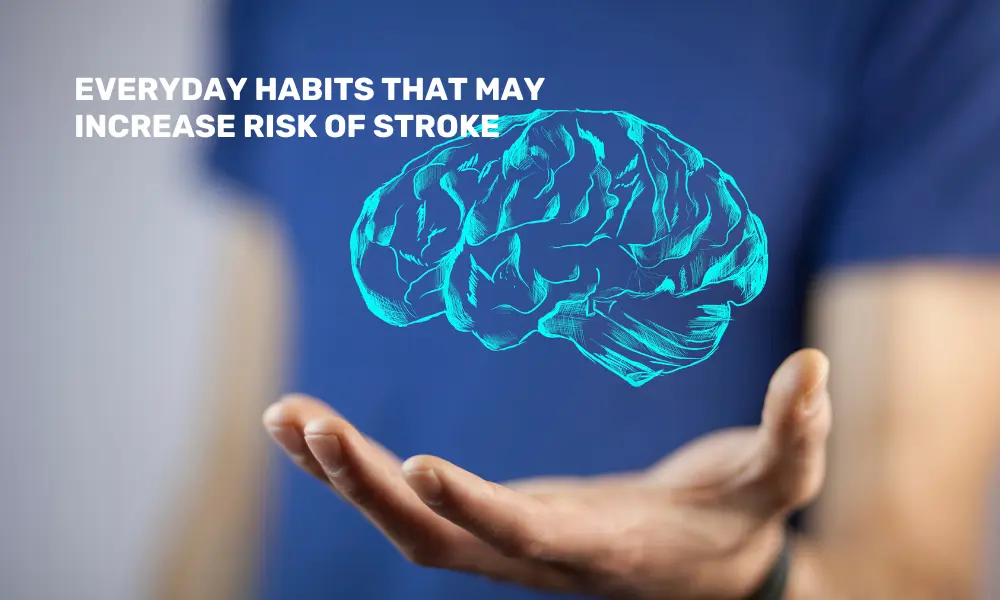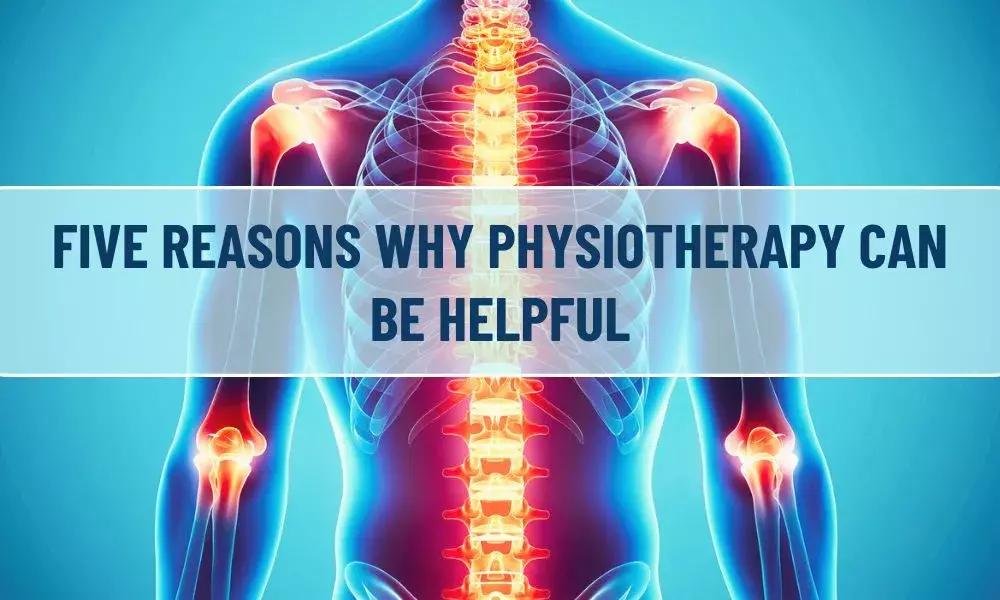To the extent that pornography interferes with your daily life, viewing pornography regularly could be detrimental to your health, even though it may be helpful for sexual education, self-exploration, or even improving relationships with your partner.
Like other dependencies, porn addiction can have various negative consequences even though there is little research on the effects of excessive pornography viewing, the effects that are already known incline you to limit your porn intake.
This article describes the symptoms of porn addiction, how to tell if you have one, how it affects your mental health, and how to get help.
What Is Addiction to Porn?
Porn addiction has been labelled as “problematic pornographic use,” although it is not yet a diagnosable illness.
If someone consistently craves erotic displays despite efforts to curb their urges, they may be addicted to pornographic content. The constant need to watch porn may also limit this person in other spheres of life, including work, education, and social interactions. Other interests may also be neglected in favour of watching porn.
An addict may become so consumed by the need to watch porn that they start doing so in public places, such as at work or on the bus.
The prevalence of porn addiction varies according to the source, but according to one study, three to six per cent of adults are thought to be affected. Young adults are more likely to watch it, and men watch it more frequently than women. With age, use typically decreases.
Most likely a hypersexual behaviour disorder, porn addiction falls under this category. It shares similarities with other disorders of sexual behaviour, such as excessive masturbation and cybersex.
Porn addiction warning signs
Excessive consumption of the content is typically found to take up a lot of time. It can result in a loss of control when determining whether a person has an unhealthy relationship with porn.
Relationships with others may become strained because of porn addiction. The following are some ways that this behaviour might appear:
• Spending excessive amounts of money on pornographic media, sometimes at the expense of necessities
• Using risky sexual practices
• The consumption of porn helps one deal with unpleasant emotions like pain, anxiety, and sadness
• Using risky situations and times to consume porn
• Angry at being told to cut back on watching pornography
• Inability to stop watching porn despite attempts to
• Feeling guilty after using porn but unable to break the habit
• Developing a taste for more extreme forms of pornography
• Finding a sexual activity to be less fulfilling
• Hiding your pornography from others and your partners
According to research, the most significant predictors of porn use are a young man, being in a bad mood, using the Internet frequently, being religious, and experiencing sexual boredom.
Porn Addiction Causes
Although some contend that easy access to porn contributes to porn addiction, this argument fails to explain why some people struggle with compulsive use while others do not. Porn addiction has been linked to, among other things, the following:
• Brain differences: Individuals may be more prone to behavioural and substance addictions due to biological variations in the chemistry or structure of the brain.
• Cultural considerations: Porn use may also be influenced by societal norms regarding appearance, sex, and relationships.
• Stress or psychological issues: Watching pornography may occasionally become a way to escape or cope with daily stress or other mental health problems.
• Relationship issues: Some people may turn to porn to cope with or satiate their sexual desires if they have trouble in their intimate relationships.
Because not all researchers concur that viewing pornographic material qualifies as an addiction, there is no clear consensus on what causes porn addiction. There is insufficient proof that porn addiction is a mental health issue, according to the American Association of Sexuality Educators, Counsellors, and Therapists (AASECT).
One study found that believing you are a porn addict causes more distress than the behaviour itself. Others contend that viewing pornography use as an addiction contributes to negative attitudes toward sex.
Can have an impact on a couple’s intimacy
• Although anyone can develop a pornographic addiction, this behaviour is more pronounced in men, which can be problematic for their partners.
• Men who watch pornographic media frequently have been found to distance themselves from their partners emotionally.
• Following their excessive consumption of porn, these men often exhibit secretive behaviours and may even experience depressive episodes.
• Men tend to watch less affectionate forms of pornography, which may also factor in a decline in intimacy between partners.
It might lower your partner’s self-confidence.
• When a partner notices their partner physically withdrawing and turning to porn instead, it can seriously blow their self-esteem.
• The partner of a person with this hypersexual disorder may become preoccupied with concerns about their partner’s interests, their prowess in bed, and other areas where they may be lacking.
Mental Health Disorders May Be Encouraged by Porn Addiction
• Anxiety disorders have been linked to an increased appetite for erotic material. Additionally, this hypersexual disorder may lead to mood disorders and even problems with substance abuse.
• Although this is just speculation, there have also been associations between excessive pornographic viewing and erectile dysfunction and other sexual dysfunctions.
Treatment for addiction to porn
Treatment options for compulsive porn consumption are not fully established because it is not a recognised disorder. However, a variety of strategies have been used to manage the effects. One should visit a sexologist, to seek medical attention.
Therapy
One of the best ways to manage negative behaviours is to speak with a mental health professional. Additionally, strategies like family therapy and relationship counselling can facilitate navigating the complexities of this condition.
The feelings of guilt and compulsion associated with porn consumption can be navigated with the assistance of professional counselling. The emotional and intimacy difficulties the habit brings can also be managed with its aid.




